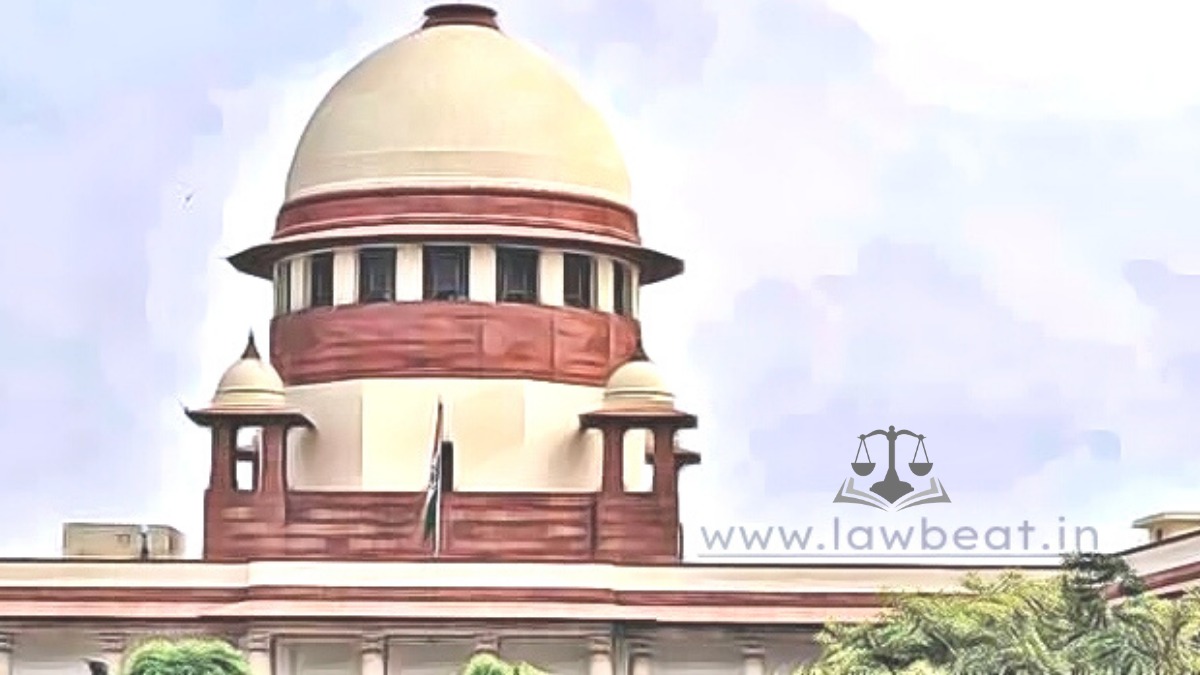nw18"Corruption corrodes like cancer lymph nodes": Supreme Court says circumstantial evidence enough to hold public servant guilty

The top court extrapolated on the issue of nature and quality of proof which is required to sustain a conviction for the offences under the Prevention of Corruption (PC) Act, when the primary evidence of the complainant is unavailable
The Supreme Court has held that circumstantial evidence is enough to hold a public servant guilty under the Prevention of Corruption Act, when there is an absence of direct evidence.
The Court stated that the "stink of corruption" has a "pervasive impact" on efficient administration, retarding nation-building and governance and that corruption had become a huge problem, often leading to a demoralising effect on those officials who intend to carry out their work with honesty.
"In the absence of evidence of complainant (direct or primary), it is permissible to draw an inferential deduction of culpability," a constitution bench comprising Justices S Abdul Nazeer, V Ramasubramanian, BR Gavai, AS Bopanna, and BV Nagarathna said on the point of law, adding that they hope and trust that sincere efforts are made to ensure that corrupt public servants are brought to book and convicted, so that the administration and governance becomes unpolluted and free from corruption.
Court also reflected on its earlier judgments and said that "corruption is corroding, like cancerous lymph nodes" while answering whether public servants could be convicted for corruption in the absence of direct oral or documentary evidence due to unavailability of the complainant owing to his death or for any other reasons.
The top court said that if there has been an acceptance or demand of illegal gratification, a presumption of fact can be drawn by the court of law when the foundational facts have been proved in order to justify culpability.
Various instances to arrive at whether such a demand or acceptance of illegal gratification have been made were stipulated by the bench. Court noted that even when the public servant has not made a demand for the bribe but receives the illegal gratification, it will be a case of acceptance under section 7 of the Prevention of Corruption Act, which stipulates a public servant taking gratification other than legal remuneration in respect of an official act. Whereas, in case of obtainment, where a demand has been made by a public servant for illegal gratification and the bribe giver accepts, both aspects of demand and offer have be proved by the prosecution.
While arriving at the decision, the Supreme Court has further clarified that the said judgment posed no conflict with its decisions which eventually made way for the instant constitution bench reference with regard to the nature and quality of proof necessary to sustain a conviction for offences under the PC Act.
"We clarify that presumption in law under Section 20 of the Act is distinct from the presumption in fact and the former is a mandatory presumption while the latter is discretionary in nature," the bench stated.
Case Title: Neeraj Dutta vs NCT Delhi
